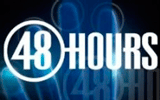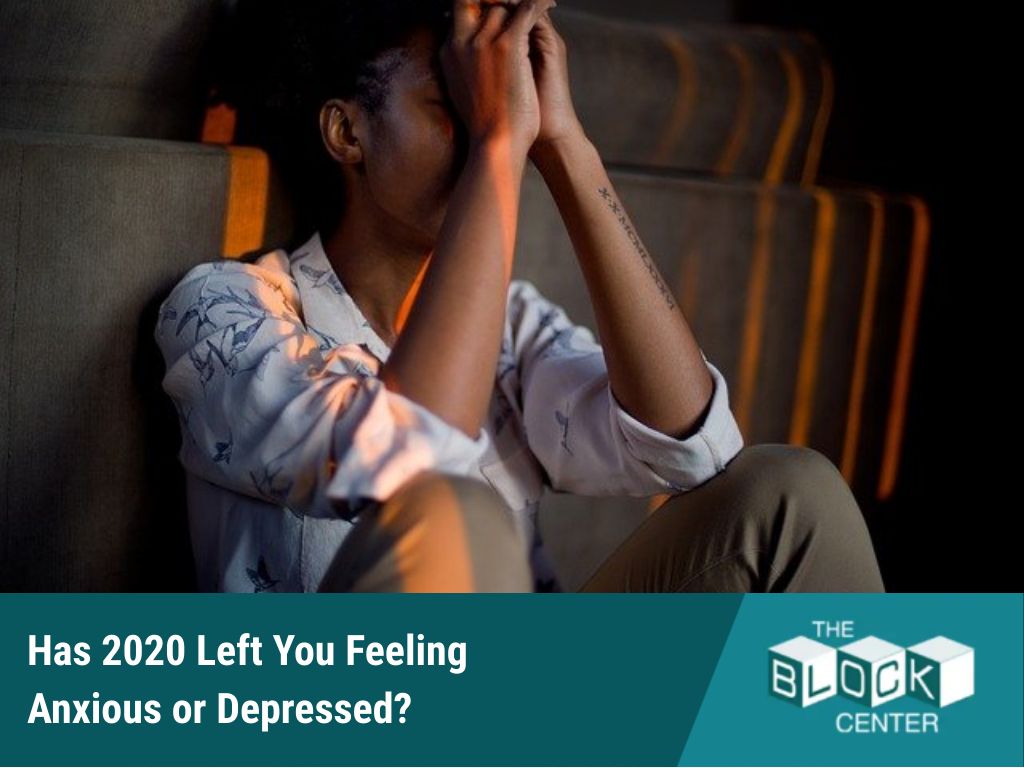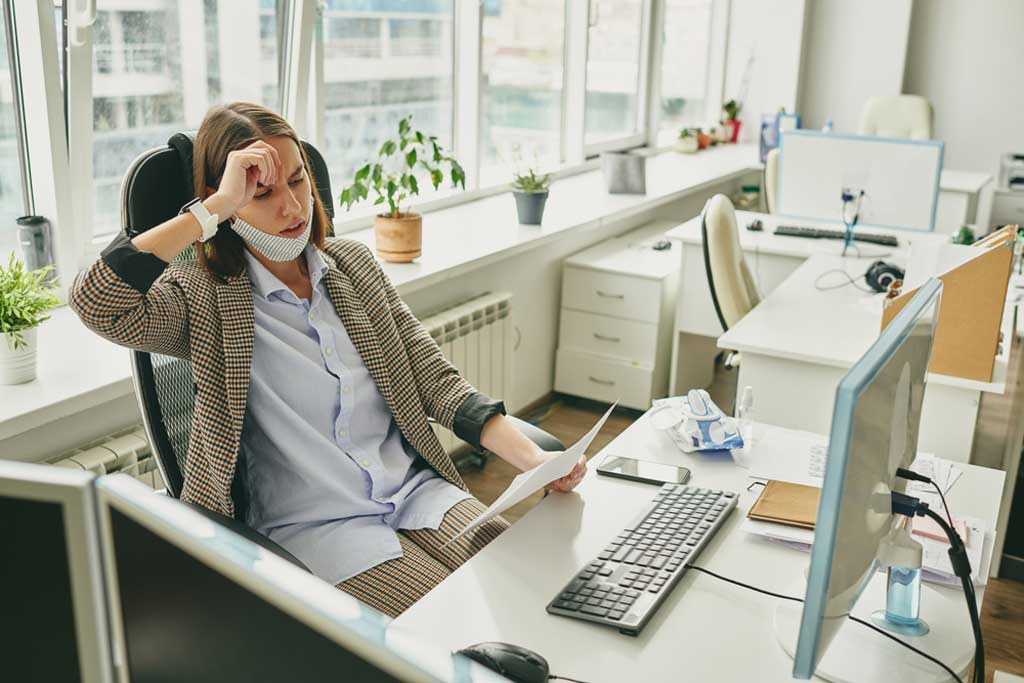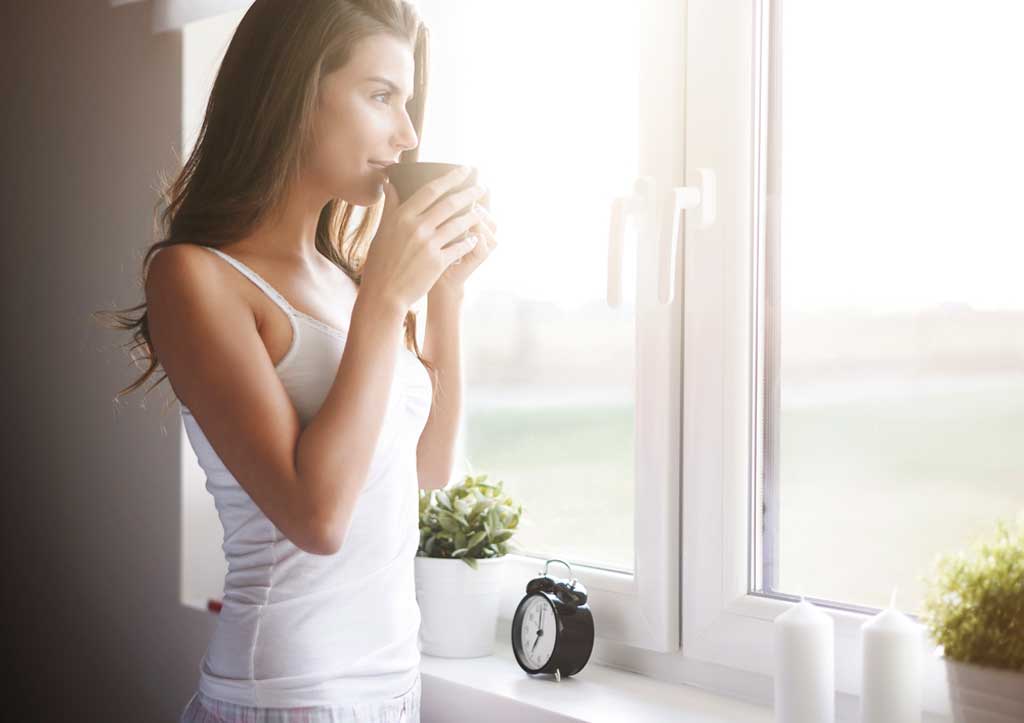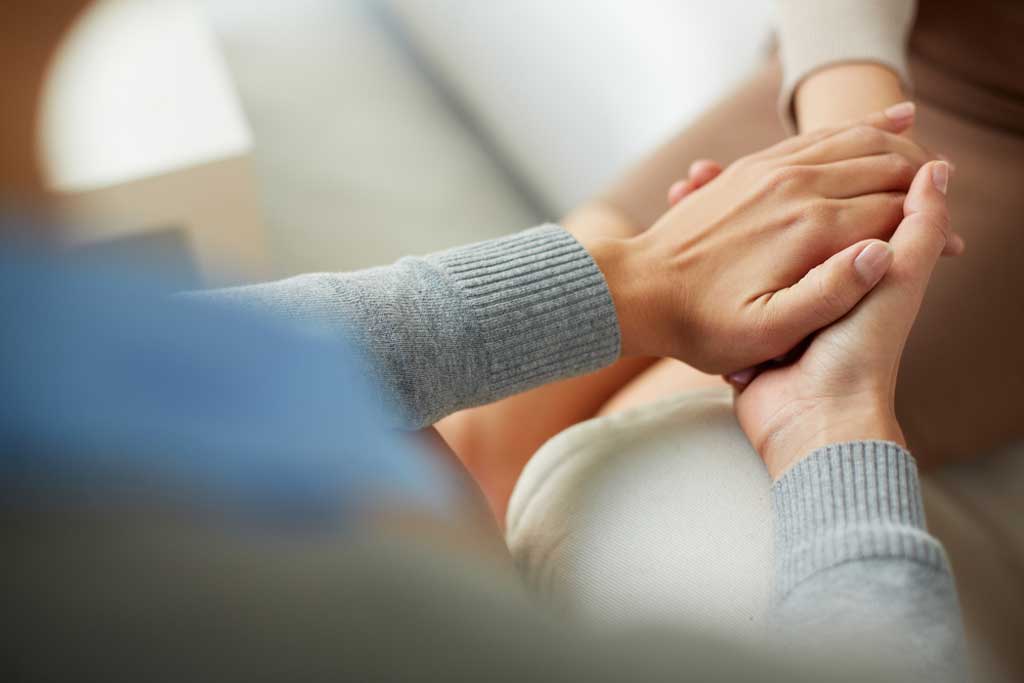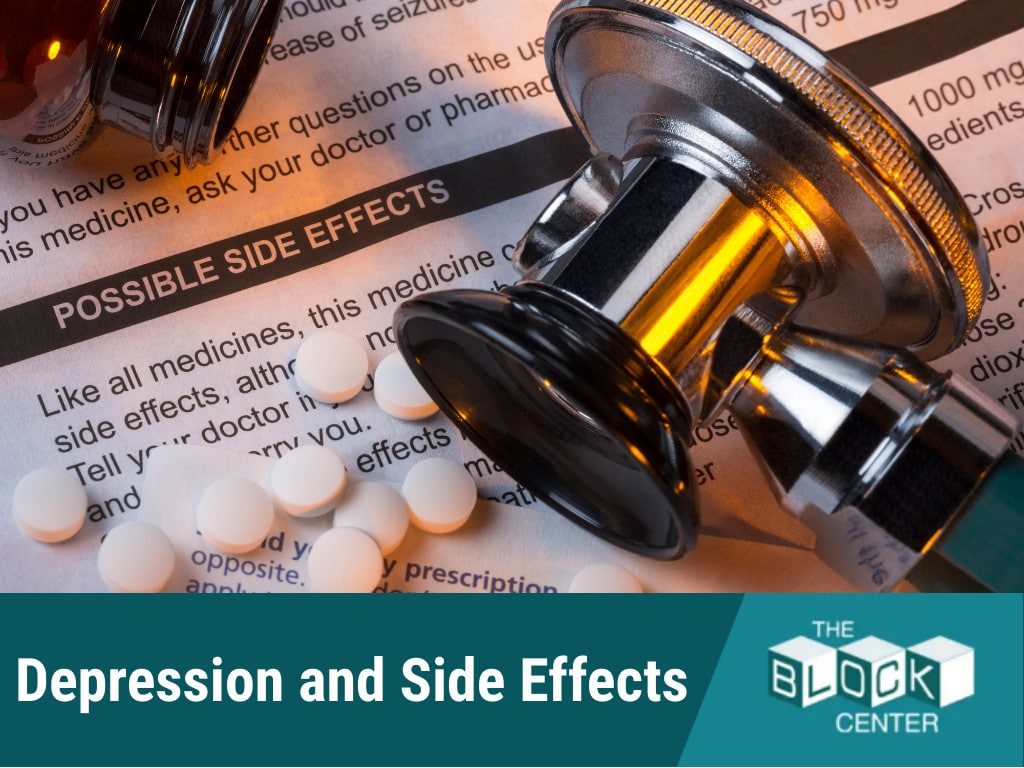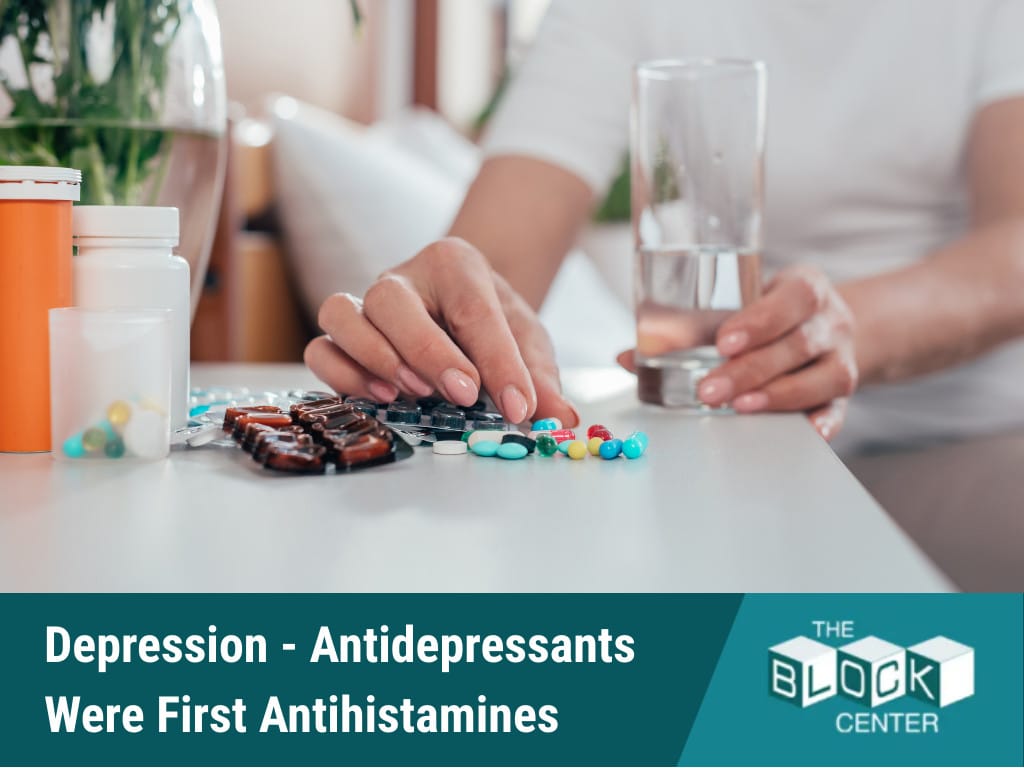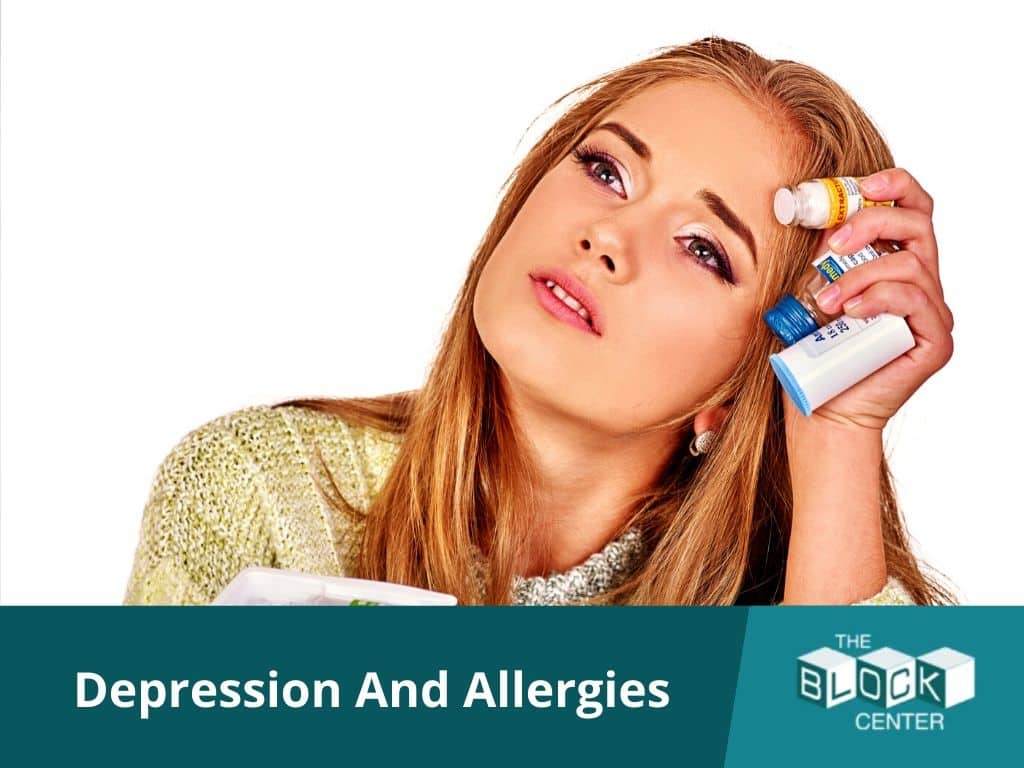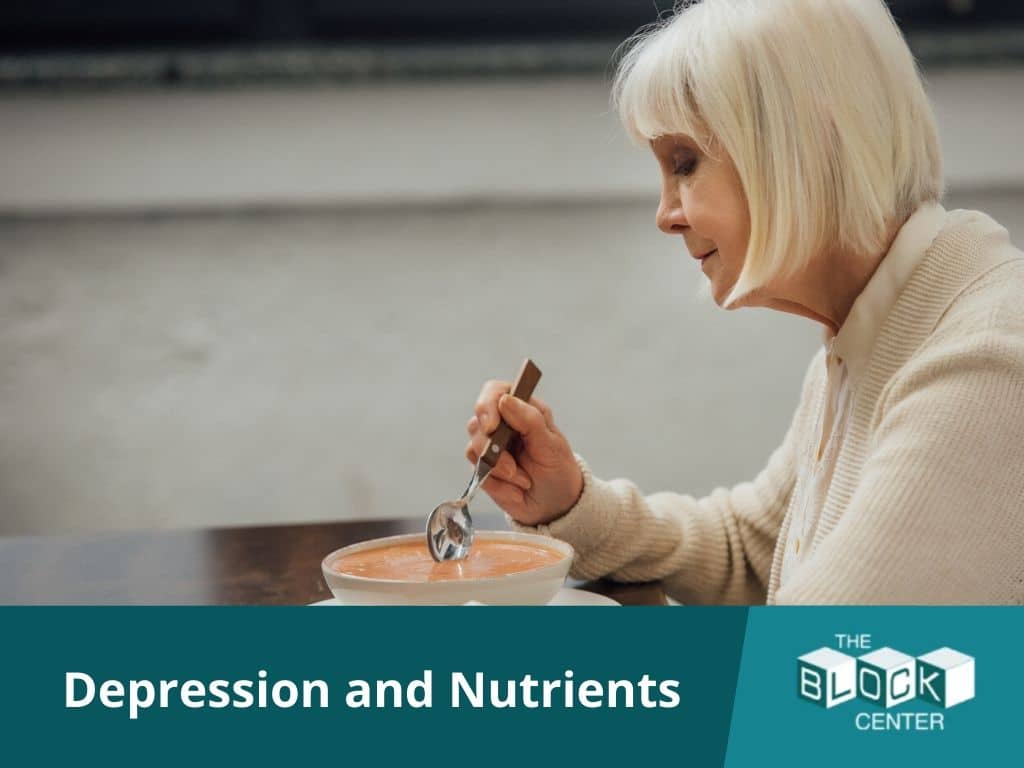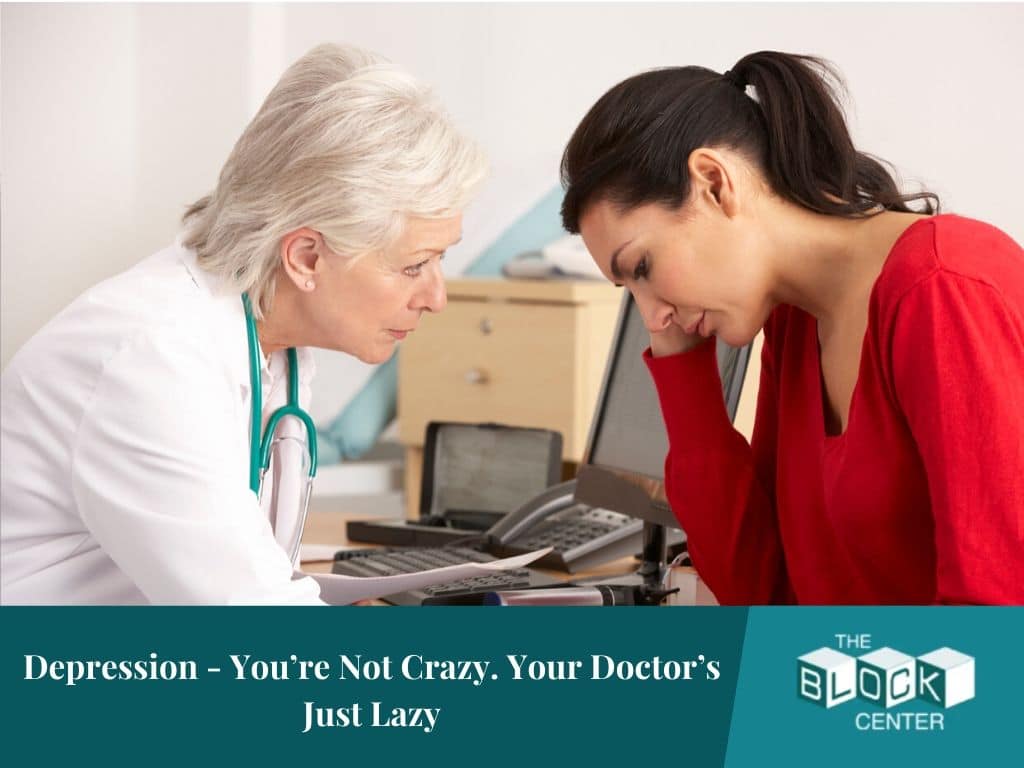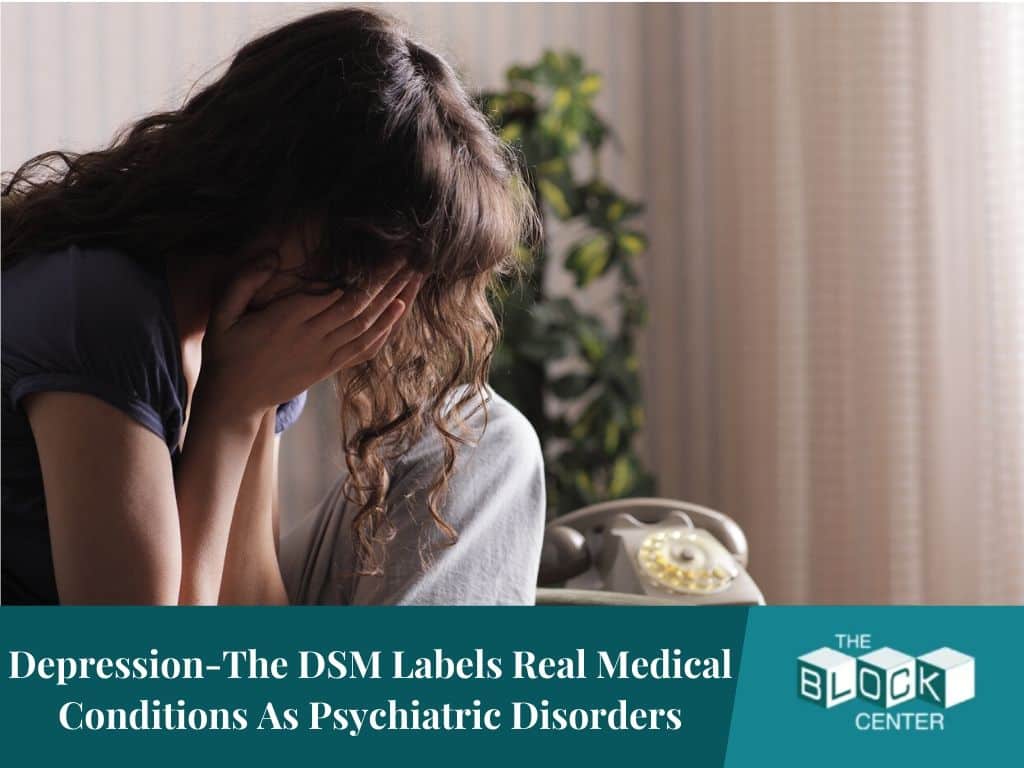Has 2020 Left You Feeling Anxious or Depressed?
Many are feeling anxious and/or depressed during the past year. Worries about catching the virus or wearing a mask, being forced to stay home, losing a business or job or vaccine side effects, have many stressed out.
Before rushing to the psychiatrist for a prescription, consider the problem might be coming from something else.
Anxiety and Depression are psychiatric diagnoses. The symptoms of each are listed in the Diagnostic and Statistical Manual (DSM). All of the symptoms listed are subjective, which means there is no objective means to diagnose Anxiety or Depression. In the front of the DSM it says that no psychiatric disorders should be made unless all underlying medical problems have been ruled out. I don’t find that is happening very often. Most of the time, people are given a psychiatric label with no medical evaluation at all. That doesn’t mean someone doesn’t feel anxious or depressed. It just means those symptoms aren’t necessarily psychiatric in origin.
Without patients realizing it, doctors are being taught to give patients psychiatric diagnoses whenever possible. My theory on why this is happening is that because psychiatric diagnoses are subjective, no lab tests are needed. The doctor can simply listen to your symptoms, give a psychiatric label, and prescribe a psychiatric drug. Since lab tests cost money, this saves the insurance company and the doctor from spending more money. I have seen patients who were given psychiatric labels and drugs for insomnia, back pain, and even diarrhea. It’s cheaper and easier, but in my opinion, it is not good medicine.
The number one cause of feeling anxious that I see is diet issues. Low Blood Sugar or Hypoglycemia creates a chemical imbalance that can make someone feel anxious. When low blood sugar occurs, the body releases the chemical, adrenaline, to raise blood sugar back to normal. Since adrenaline is the “Fight or Flight” hormone, once it is released the brain thinks you are in danger. That feeling of being in danger but not actually being in danger makes you feel anxious. Many have told me that they have not been eating as they know they should during the Covid-19 quarantine. Many are eating more sweets and other carbohydrates because their spouse is baking more, with all this time on their hands. Sometimes they are eating this way simply because they feel sorry for themselves because there have been so many changes to their lives. Either way, the increase in sugar and carbohydrates creates Low Blood sugar and Anxiety.
The fix is simple. Change the way you are eating. I recommend eating only protein and drinking only water or black coffee for breakfast. I have been recommending this for years and finally saw a study that confirmed it. A small protein snack, like a handful of nits, mid-morning, mid-afternoon, and evening, as well as protein, vegetables, and fruit at lunch and dinner, finishes out the meals for the day.
For most, the anxiety goes away when they make these simple changes. It helps if no one is baking cakes, pies, or other desserts in the house.
Imagine what happens when someone comes down from the “high” of adrenaline. They can feel sad or depressed. Changing how you eat can also help with those feelings too.
While there are many other underlying medical causes for feeling depressed or anxious, changing the diet is simple, easy, and has the added benefit that many will also lose weight eating this way.
Other underlying causes include hormone imbalances, thyroid problems, nutritional deficiencies, and even allergies. I go into detail with each of these in my book, Just Because You’re Depressed, Doesn’t Mean You Have Depression, which is available at The Block Center at 817-280-9933.
Everyone deserves a complete medical evaluation before being given a psychiatric label or drug.



